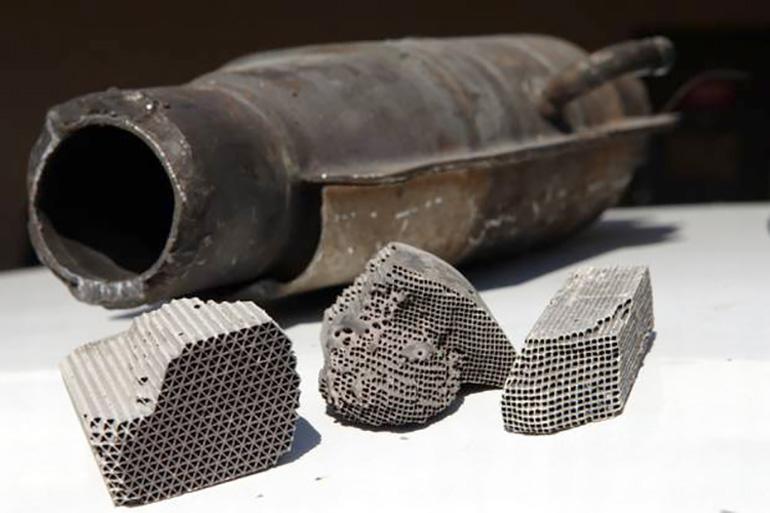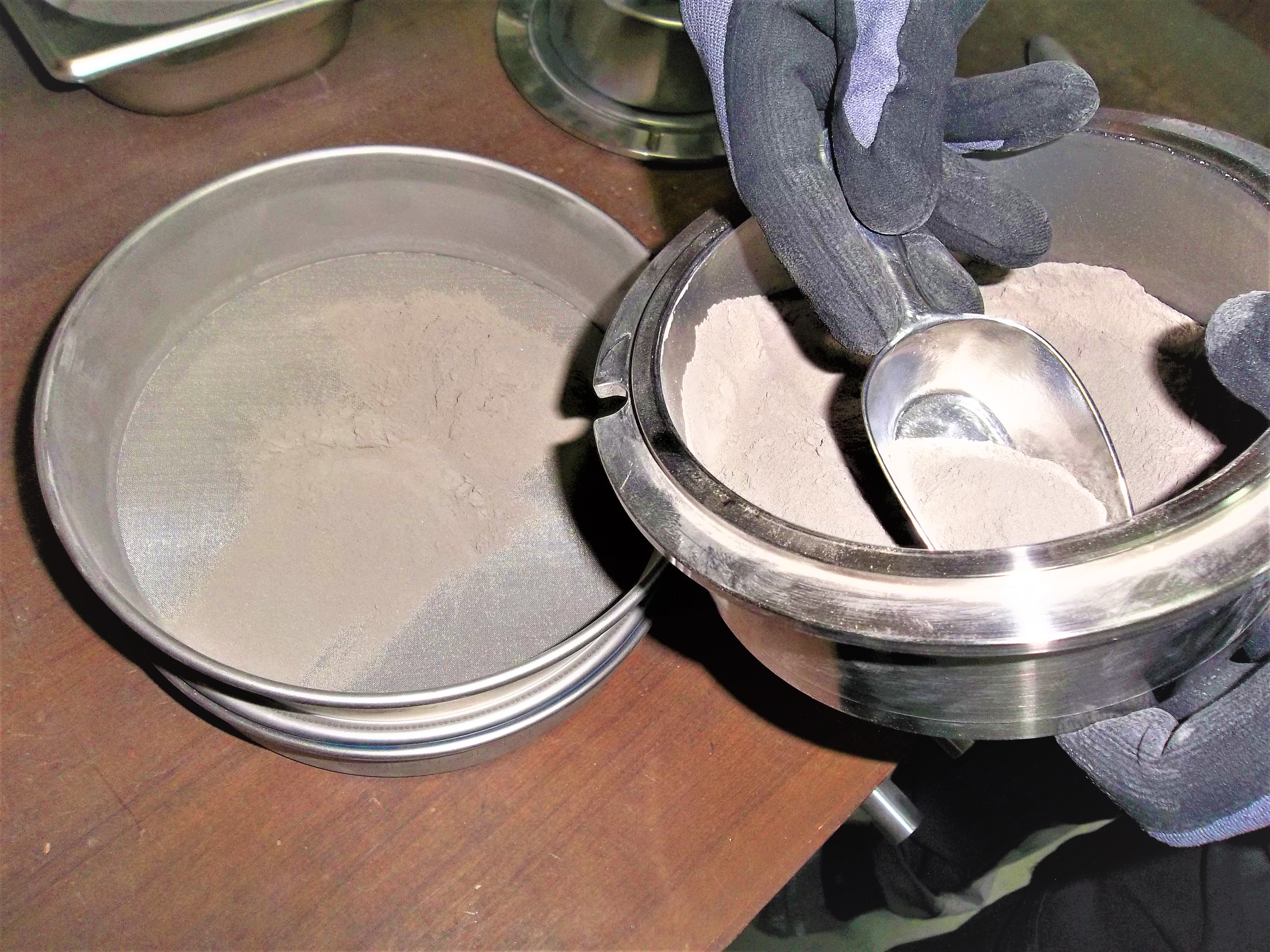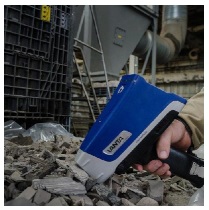MAXIMIZING PROFITABILITY FROM CATALYTIC CONVERTER RECYCLING♻️
POSTED BY ALICE
The catalytic converter recycling process consists of a number of stages and it stands to reason that the more you do yourself the greater the profitability. De-can, mill, smelt, and extract or refine the platinum, palladium, and rhodium out of the catalyst and the full value is yours!
Of course, for the majority of catalyst suppliers, often small operations such as salvage yard owners, junkyard owners, tow truck companies, and diesel repair shops, this is not feasible. In order to maximize your profitability, it is, therefore, important that you understand the process, and work with a recycler who uses best practices and with whom you can build rapport and trust.
De-canning
De-can the scrap catalytic converters before sending them to the recycler. Technically this can be done at little or no cost as you can recycle the stainless steel container. You will then receive a higher price for de-canned catalysts.

Assay Sampling
Selling scrap catalytic converters has always had an element of risk attached to it. Selling on assay - the process of sampling a small proportion of a catalytic batch to determine the amount and value of the precious metal content - goes some way to eliminating this risk as there is a scientific analysis that can be considered the basis for the value of the goods. Consequently, accurate and transparent assay reports are critical to maximizing profitability in the catalytic converter recycling industry. Always ensure that the assay reports you receive are comprehensive and accurate.

Knowledge is King
Catalytic converter recycling is a complex process, and the better you understand it, the more likely you will be able to avoid being “scammed” and make the best possible returns. Make it your business to learn as much about the process as you can - talk to others in the industry, become involved in the industry, read about the industry.
Relationships
In an industry that has in the past been renowned for a lack of transparency, it is important that you find a reputable partner that you can trust.
Even selling on assay can have problems if you are involved with an unscrupulous recycler. We have reported previously on Scrap Cat News about ongoing legal cases in America where recyclers are accused of manipulating samples and assay results. Samples may contain too much trash or moisture; exorbitant recycling costs may be charged; prices offered may be uncompetitive.
An honest partner should provide an essay sample that can be tested independently and will as a matter, of course, disclose all of the pricing details. Some of the more pro-active companies have built digital catalytic converter pricing catalogue showing real-time prices for thousands of different models of catalysts that allow you to compare prices. Trustworthy organizations will provide you with a list of their existing customers and encourage you to contact for references.
Finally, find someone you can build a rapport with. Personal connections still count for a lot in business and help to develop a strong, fruitful, and lucrative business relationship that will guarantee the best returns.

























